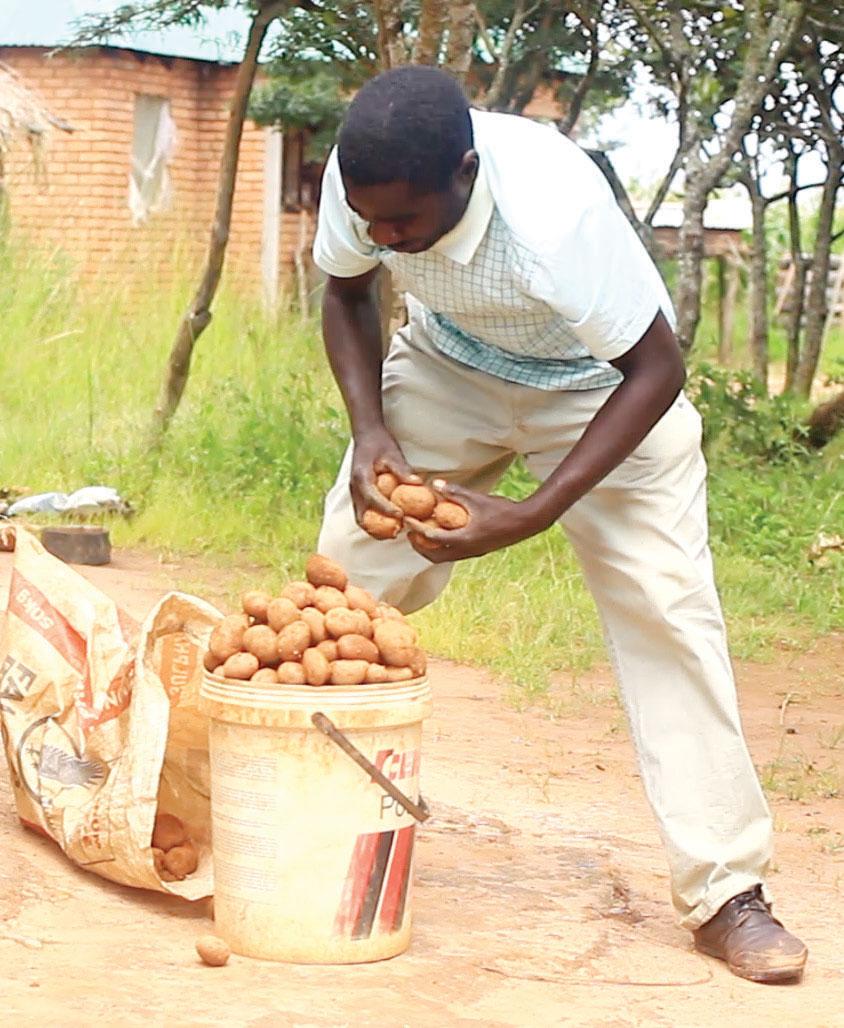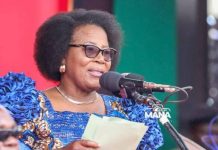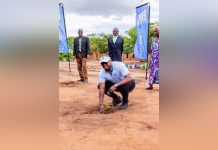Africa-Press – Malawi. Plan Malawi has recommended farmers’ field school model as one of the ways the country can use to achieve the food security mark. Plan Malawi’s Kulima Better Project Coordinator for Mzimba District Kondwani Khonje said the model has not only reduced the extension gap but also improved the quality of extension services.
Malawi has a 44 percent vacancy rate for skilled agriculture extension workforce. Khonje said, through Kulima Better Project, farmers are encouraged to conduct farmer-led research to generate technologies in mitigating effects of climate change.
“Basically, we want to help farmers attain food security, nutritional and income security through farmer field school model in addressing the challenges of climate change.
“We want farmers to generate technologies that are suitable to their environment and one of the things is that, in some parts of the district, farmers meet challenges every year like erratic rains and for the past four years they have been able to identify technologies which have helped them mitigate the negative impact of climate change,” Khonje said.
Chikangawa Planning Area Agriculture Extension Development Officer Given Ngwira said the field schools are increasing productivity as many farmers are also involved in climate smart agriculture.
“Farmers are now able to pay fees and sustain their food and income through the field school approach,” Ngwira said.
Commenting on the approach, Shemu Nyirenda from Chimphyayi farmer field school in Kadomeka Village, under Traditional Authority Kampingo Sibande, disclosed that, apart from buying a K1.6 million vehicle in 2020, he is now able to make over K1 million annually from potato farming.
Better Extension Training Transforming Economic Returns (Better) is a five-year European Union-funded project and part of the national Kutukula Ulimi m’Malawi (Kulima) programme.
The programme is being implemented in 10 districts of Malawi namely Karonga, Chitipa, Mzimba, Nkhata Bay, Kasungu, Salima, Nkhotakota, Chiradzulu, Thyolo and Mulanje.
The programme is spearheaded by a consortium of four organisations namely Self Help Africa (lead agency), Plan International Malawi, ActionAid Malawi, and Evangelical Association of Malawi.
For More News And Analysis About Malawi Follow Africa-Press






